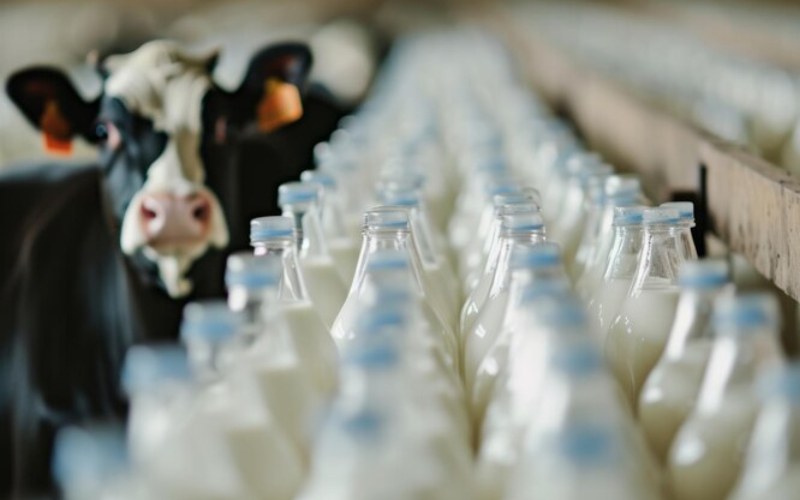India's Dairy Lobby Blocks Free Trade Deals Globally
Source: dairynews.today
India's dairy industry remains a major obstacle in the nation's global trade agreements due to its protectionist policies.

India, the world's largest milk producer, continues to shield its dairy cooperatives as demand surges with growth rates of 18-22% annually. This protectionist stance has been a significant barrier in free trade agreements with countries such as the UK, Australia, and the UAE. In 2019, similar concerns led to the derailment of the Regional Comprehensive Economic Partnership (RCEP) negotiations, and negotiations with the United States also face slow progress. The dairy industry is a critical part of India's economy, with a quarter of global milk production emanating from the country. The industry is characterized by its highly unorganized nature, especially in the segments of liquid milk and skimmed milk powder, which further complicates trade deals.
Powerful cooperative movements in India, led by Amul and the National Dairy Development Board, have significantly improved rural livelihoods but have also created robust lobbies that influence trade negotiations. Political considerations further complicate the matter, as dairy farmers represent an influential voting bloc in politically sensitive states. Concessions on dairy imports could potentially lead to farmer protests, making it a delicate issue for the government.
Changing consumption patterns in India, driven by urbanization and health consciousness post-COVID, have led to increased demand for branded dairy products. Economists like Krishan Sharma and Nida Rahman suggest a selective opening of premium and processed dairy markets, protecting sensitive commodities with tariffs while selectively allowing imports of products like mozzarella and whey isolates. In 2025, India imported around 80,000 tonnes of lactose despite high tariffs and stringent rules.
Despite these challenges, a strategic opening could provide opportunities for global dairy producers to enter India's premium segments. By offering limited tariff-rate quotas on premium lines, India could balance domestic priorities with global integration.
Powerful cooperative movements in India, led by Amul and the National Dairy Development Board, have significantly improved rural livelihoods but have also created robust lobbies that influence trade negotiations. Political considerations further complicate the matter, as dairy farmers represent an influential voting bloc in politically sensitive states. Concessions on dairy imports could potentially lead to farmer protests, making it a delicate issue for the government.
Changing consumption patterns in India, driven by urbanization and health consciousness post-COVID, have led to increased demand for branded dairy products. Economists like Krishan Sharma and Nida Rahman suggest a selective opening of premium and processed dairy markets, protecting sensitive commodities with tariffs while selectively allowing imports of products like mozzarella and whey isolates. In 2025, India imported around 80,000 tonnes of lactose despite high tariffs and stringent rules.
Despite these challenges, a strategic opening could provide opportunities for global dairy producers to enter India's premium segments. By offering limited tariff-rate quotas on premium lines, India could balance domestic priorities with global integration.
Key News of the Week










